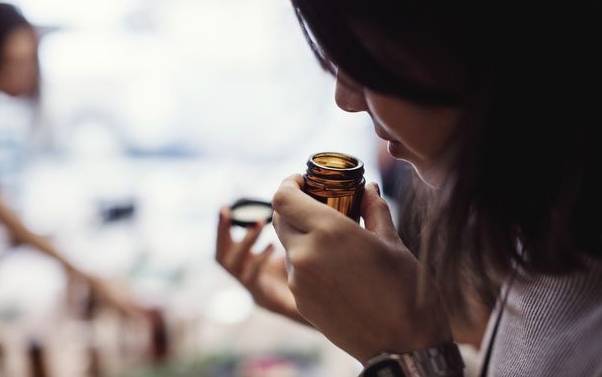×
The Standard e-Paper
Home To Bold Columnists

Britons have been urged to self-isolate and assume they have Covid-19 if they suffer from a loss of smell after warnings tens of thousands of cases are being missed.
Loss of smell and possibly taste has been added to fever and a persistent cough as the crucial early warning signs to assume you have the bug.